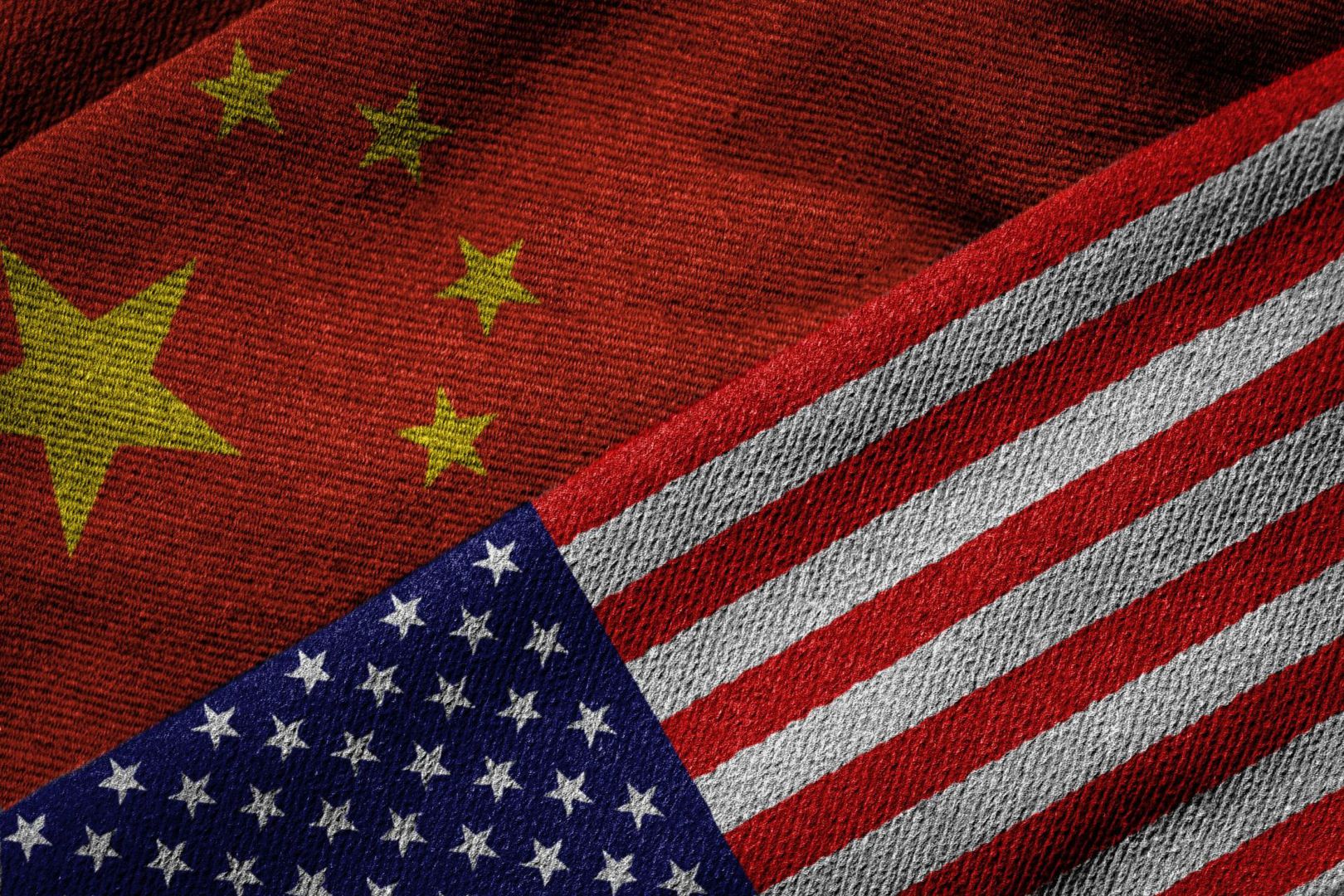Washington’s order to China to close its consulate in Houston was to protect US intellectual property and private information, the State Department said Wednesday.
Spokeswoman Morgan Ortagus was elaborating on the incident that has strained already tense relations between the two world powers, as US Secretary of State Mike Pompeo visited Denmark.
Under the Vienna Convention states “have a duty not to interfere in the internal affairs” of the receiving country, said Ortagus.
The US would not tolerate violations of their “sovereignty and intimidation of our people”, just as they had not tolerated Chinese “unfair trade practices, theft of American jobs, and other egregious behavior”, she added.
“We have directed the closure of PRC Consulate General Houston, in order to protect American intellectual property and Americans’ private information,” she said — referring to the People’s Republic of China.
Her comments came as Pompeo visited Copenhagen, a day after he called on the “entire world” to stand up to China during a visit to the British capital London.
In a separate statement, a State Department spokesperson said: “China has engaged for years in massive illegal spying and influence operations” in the US, targeting both government officials and citizens.
The “scale and scope” of these actions had increased in recent years, the statement added.
“PRC officials have interfered in our domestic politics, stolen US intellectual property, coerced our business leaders, threatened families of Chinese Americans residing in China, and more,” the spokesperson said.
China announced earlier on Wednesday that the country had been ordered to close the Houston consulate.
It was opened in 1979 — the first in the year the US and the People’s Republic of China established diplomatic relations, according to its website.
“China urges the US to immediately withdraw its wrong decision, or China will definitely take a proper and necessary response,” Chinese foreign ministry spokesman Wang Wenbin told journalists.
“It is a political provocation unilaterally launched by the US side, which seriously violates international law… and the bilateral consular agreement between China and the US,” he added.
The Houston consulate is one of five Chinese consulates in the US, in addition to the embassy in Washington.
The move comes as the world’s two biggest economies have crossed swords on several issues, from trade to Beijing’s handling of the coronavirus pandemic and its policies in Hong Kong, Xinjiang and the South China Sea.











